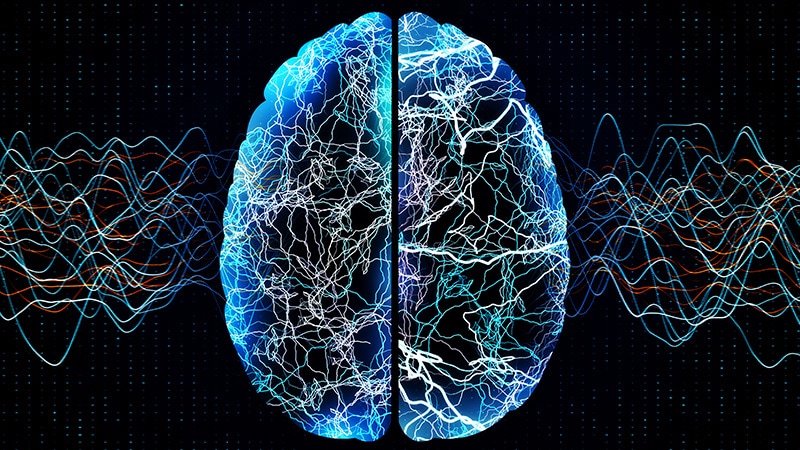Screening for cognitive impairment should be part of a patient’s multidisciplinary care. stroke The American Heart Association (AHA) says in a new scientific statement.
“Cognitive impairment after stroke is very common, is associated with other post-stroke outcomes, and often has a significant impact on quality of life,” said the chair of the scientific statement writing group. said Nada El Husseini, MD, MHSc. theheart.org| Medscape Cardiology.
El Husseini, associate professor of neurology at Duke University Medical Center in Durham, North Carolina, said:
A scientific statement is publish online May 1st strokeThis is the first time that we have specifically focused on cognitive impairment resulting from overt stroke (ischemic or hemorrhagic).
“Actionable” Considerations for Care
The Writing Group Conducts a ‘Scoping’ Review of the Literature on Prevalence, Diagnosis, and Management of Post-Stroke Cognitive Impairment (PSCI) to Provide a Framework of ‘Practical Considerations’ for Clinical Practice and highlighted gaps that require additional research. , explained El-Husseini.
PSCI, which ranges from mild to severe, occurs in up to 60% of stroke survivors in the first year after stroke. However, it is often underreported and underdiagnosed, the writing group notes.
Up to 20% of stroke survivors experience mild cognitive impairment Full cognitive recovery is most likely within the first 6 months after stroke.
However, improvement in cognitive deficits without returning to pre-stroke levels is more frequent than complete recovery. One in three of her stroke survivors may develop dementia within her five years of stroke.
The writing group also notes that PSCI is often associated with other conditions, such as physical disability, sleep disturbance, and behavioral and personality changes. depressionand other neuropsychological changes – each of which may contribute to a decreased quality of life.
Although there is currently no “gold standard” for post-stroke cognitive screening, several simple cognitive screening tests, such as the Mini Mental State Examination and the Montreal Cognitive Assessment, are widely used to identify cognitive impairment after stroke. increase.
This statement also emphasizes the importance of assessing cognitive changes over time after stroke. Stroke survivors experiencing unexplained difficulties with cognitively-related activities of daily living, following care instructions, or providing a reliable medical history may be candidates for additional cognitive screening.
Management of risk factors to prevent stroke recurrence
El-Husseini said, “Prognostic guidance on home and driving safety and return to work (where applicable) and multidisciplinary collaboration among various medical and auxiliary professionals in diagnosing and managing cognitive impairment will improve the outcomes of stroke. It’s key to the holistic care of survivors.” theheart.org| Medscape Cardiology.
The multidisciplinary poststroke care team includes neurologists, occupational and speech therapists, nurses, neuropsychologists, geriatricians, and primary care providers.
“Recurrent stroke is strongly associated with the development of cognitive impairment and dementia, so prevention of recurrent stroke should be explored to reduce its risk,” said El Husseini. This includes high blood pressure, high cholesterol, type 2 diabetesand atrial fibrillation.
Looking ahead, the writing group says research is needed to determine how cognitive impairment develops after stroke and the influence of extracerebral factors such as infection, frailty, and social factors. increase.
Further research will also be undertaken to determine best practices for post-stroke cognitive screening, including the development and use of screening instruments that consider demographic, cultural, and language factors in determining “normal” functioning. Is required.
“But perhaps the most pressing need is the development of effective and culturally relevant treatments for post-stroke cognitive impairment,” El-Husseini said in a news release.
“We hope that there will be clinical trials of sufficient size to evaluate different techniques, medications and lifestyle changes in different patient groups that may help improve cognitive function,” she added. rice field.
This scientific statement is endorsed by the AHA Stroke Council, Council on Cardiovascular Radiology and Interventions, high blood pressureand the Council on Lifestyle and Cardiometabolic Health.
stroke. Published online on May 1, 2023. full text
Follow Medscape for more information. Facebook, twitter, Instagramand Youtube




